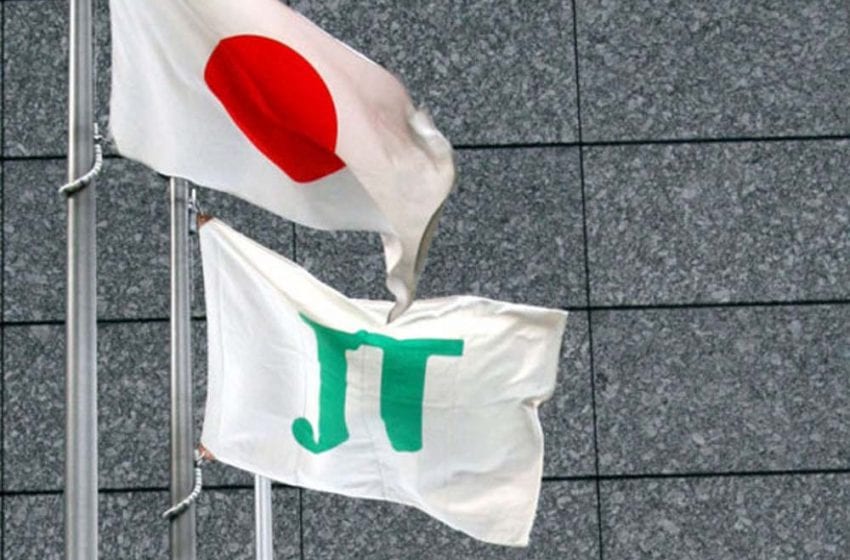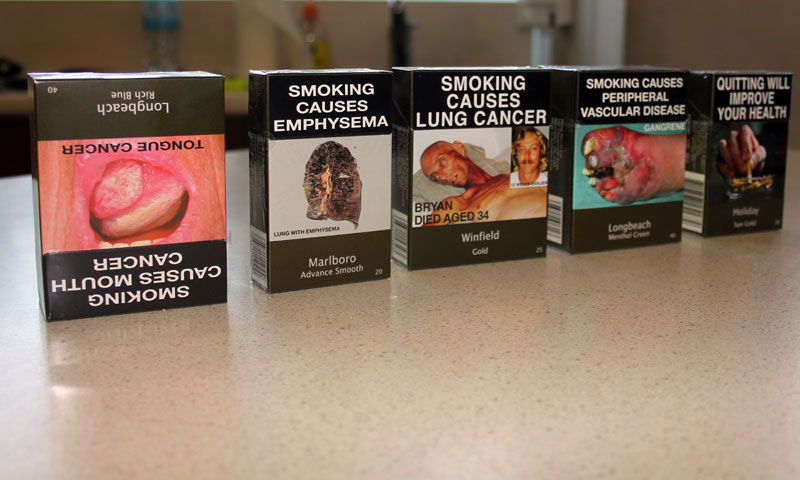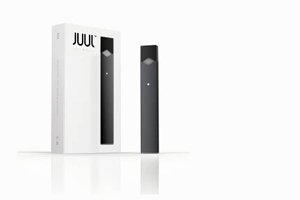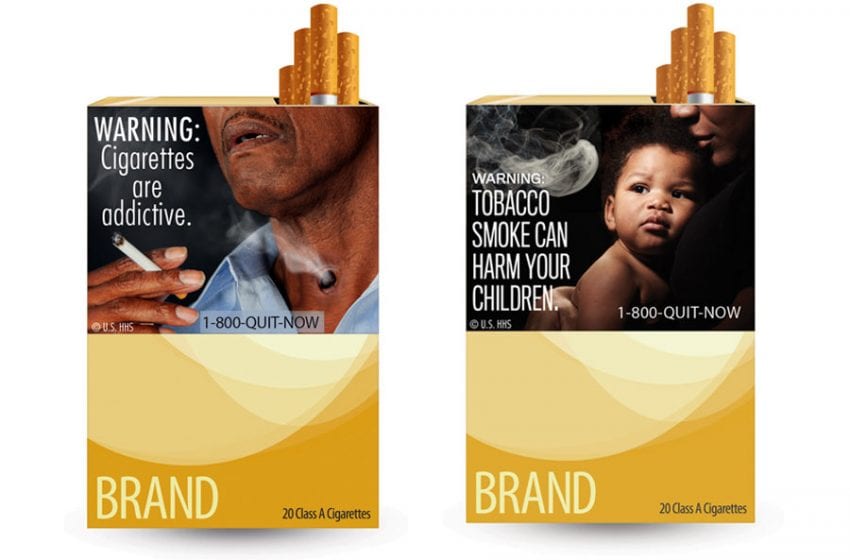Altria shares slid 5 percent on July 30 as the company warned that cigarette sales declines are accelerating and it’s “too soon” to judge Juul’s international expansion, a key piece of Altria’s $12.8 billion investment last year.
According to a CNBC report, critics have worried that Altria paid too much for too little of Juul. Those concerns were raised again as analysts pressed Altria executives on a call reviewing the company’s second-quarter earnings results.
Altria expects cigarette volumes in the U.S. to decline by 5 to 6 percent this year, which the company attributes to cigarette smokers switching to e-cigarettes. Altria has now revised the estimate twice this year. The company initially forecast volumes to fall by 3.5 to 5 percent.
“There is still a bit of investment spending mode, both domestically and overseas, and I think it’s simply too soon to make a judgment on the progress they’re making overseas,” said Altria CEO Howard Willard about Juul’s growth. “That’s more of early days there.”
Wells Fargo Securities analysts say that Altria’s second quarter results confirm the company’s profit model is working.
“In our view, MO (Altria) has wisely diversified its exposure to multiple on-trend, non-combustible/reduced risk segments to offset increasing headwinds, while protecting (and growing) its rich margins and driving faster l.t. EPS growth,” an analyst said.










